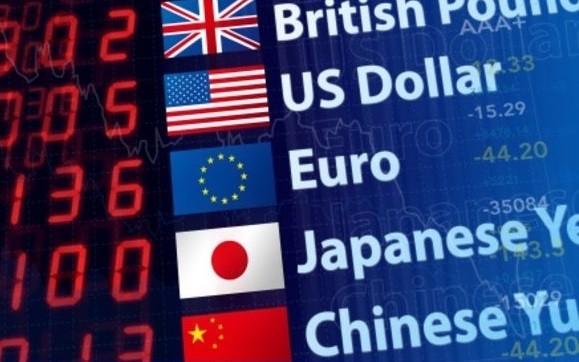Euro soars in holiday-thinned trade, China basket move adds to yuan buzz

TOKYO : The euro jumped to its highest in three weeks in holiday-thinned Asian trade on Friday, but was on track for a losing year on expectations that U.S. President-elect Donald Trump’s policies will boost inflation and prompt the U.S. Federal Reserve to hike interest rates at a faster pace.
The euro was last up 0.8 percent at $ 1.0570 after briefly spiking to $ 1.0700, its highest since Dec. 8. On the last trading day of 2016, it was down 2.6 percent against the dollar for the year. The euro also soared against the Japanese currency. It was up 0.6 percent at 122.98 yen EURJPY= after touching 123.87, its highest since Dec. 15, but remained on track to shed 5.8 percent for the year.
“It’s a really thin market today, and suddenly offers disappeared and short-term players pushed the euro higher and took out stops. That’s all,” said Kaneo Ogino, director at foreign exchange research firm Global-info Co in Tokyo.
The dollar slipped 0.1 percent to 116.43 yen JPY= after earlier touching 116.05, its lowest since Dec. 14. The yen lost 3.3 percent for the year, but considerably pared its losses after the Nov. 8 U.S. presidential election.
Trump’s victory helped push U.S. Treasury yields to multi-year highs on expectations that his administration would embark on inflation-stoking stimulus policies, and the U.S. central bank would respond with more interest rate increases.
On Thursday, though, a strong U.S. 7-year note auction on the last full trading day of the year pushed down yields across the curve, undermining the dollar’s appeal. The U.S. bond market will close at 2 p.m. Friday in advance of the New Year’s holiday weekend. Japanese markets will be closed Monday and Tuesday.
Sterling rose 0.2 percent to $ 1.2293 GBP=D4, moving away from a two-month low of $ 1.2201 plumbed Wednesday. It was down 16.6 percent in a year marked by Britain’s June vote to exit the European Union.
China’s yuan looked set to end the year down nearly 7 percent against the resurgent dollar, making it the worst performing Asian currency of the year. China will change the way it calculates a key yuan index in the new year, nearly doubling the number of foreign currencies in a basket that is used to set the yuan’s value, its foreign exchange market operator said late on Thursday. China has been promoting use of the index partly to divert attention from the yuan’s value against the dollar which has fallen near its lowest in 8-1/2 years.
Analysts said the change was in line with the central bank’s bid to discourage investors from exclusively tracking the yuan’s fluctuations, but it would have limited impact on the Chinese currency, which is expected to weaken further against the dollar in 2017.

